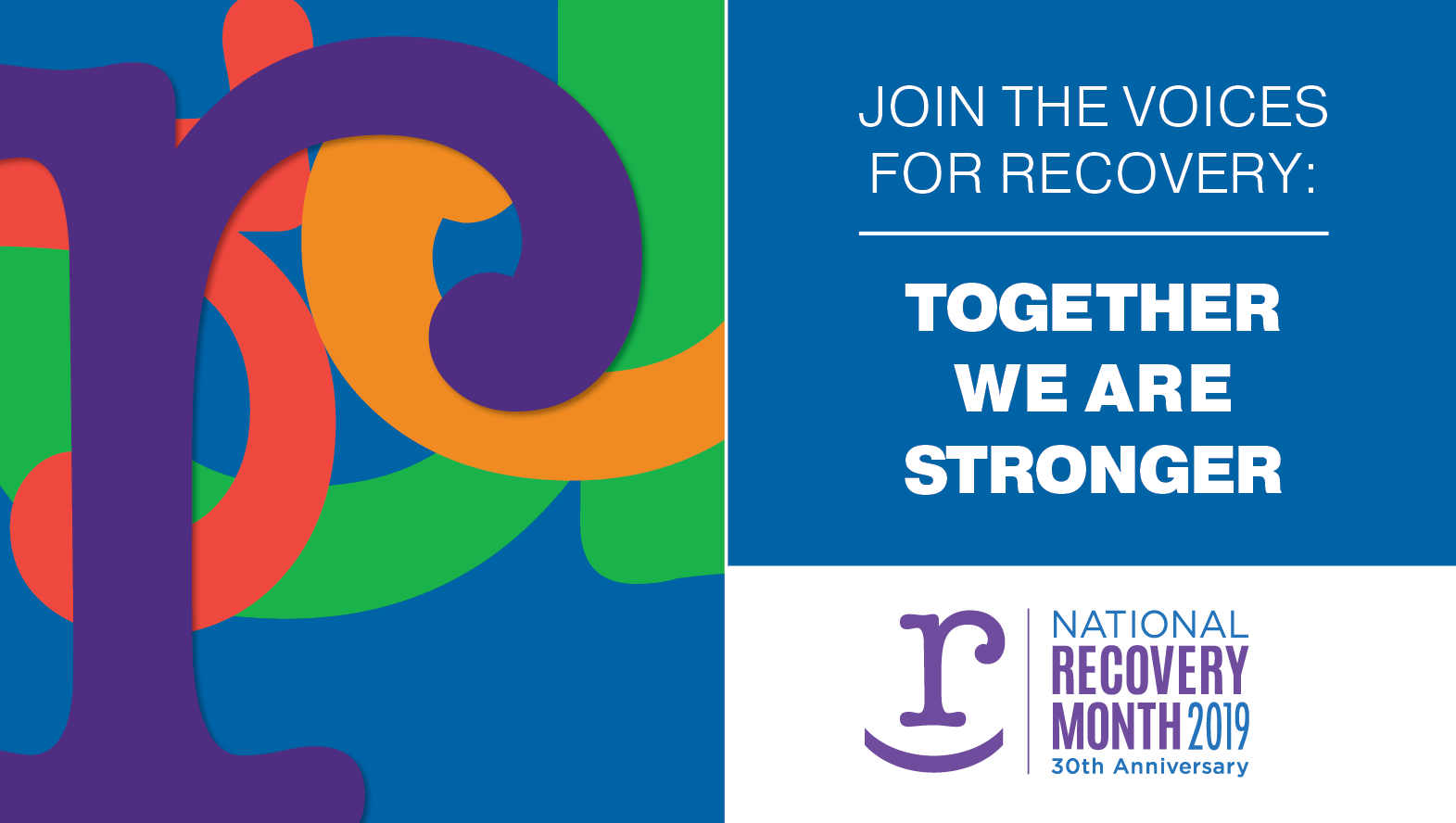You are here
Honoring Recovery Month

Millions of Americans rely on social workers to address complex issues from the individual (mirco) to the societal (messo and macro) level. Tulane University School of Social Work provides future leaders with clinical and community-based practice training so they can empower individuals, families, and groups to face and overcome many forms of adversity. By performing assessments and understanding evidence-based interventions and applications, students develop a strong foundation applicable to any type of social work.
“Our students have the highest licensure pass rates in the state of Louisiana, and this highlights the outcome of the top-tier education provided by our faculty and staff” said Dr. Patrick Bordnick, dean of the School of Social Work “Our MSW program offers graduates options to pursue their areas of interest. This includes academic course work, extracurricular activities, and field experiences focused on evidence-based approaches to behavioral health and substance use assessment and treatment focused on short- and long-term recovery.” To provide advanced training in addiction, the school offers a certificate in Mental Health, Addiction and the Family under the direction of Parker Sternbergh of the Porter-Cason Institute and Dr. Maurya Glaude.
According to 2018 data from the Bureau of Labor Statistics, 125,200 social workers support mental health and substance abuse recovery nationwide. As they study and help people within their environments, they are understanding the behavioral, cognitive, and physical aspects of substance use in a relational context. That can extend beyond individual and family to community to develop strategies to empower someone to receive effective treatment and mental health services.
The School of Social Work encourages its alumni to continue building on its strong clinical and community-based practice foundation to be advocates for those in recovery. This year, the Substance Abuse and Mental Health Services Administration (SAMHSA) celebrates the 30th anniversary of Recovery Month, reminding the nation that treatment is effective and that people can and do recover from mental and substance abuse disorders. The 2019 theme of “Join the Voices for Recovery: Together We Are Stronger” is intended to strengthen the networks supporting the many paths to recovery.
Combining the knowledge, skills, and compassion of the School of Social Work, alumni, students, faculty, and staff can support this nationwide effort to decrease stigma surrounding recovery and improve access to resources for all. The school is recording videos messages of support from its faculty, staff, and students and sharing those via its Facebook and Instagram profiles. We also plan on engaging with local media outlets.
Outside of your own practice or community efforts, here are a few simple ways you can join us in participating in Recovery Month.
- Educate others that recovery is possible. Have frank conversations about addiction with those outside of the social work field and encourage them to support friends, family members, and colleagues in recovery.
- Leverage social media to reduce stigma. Post supportive messages for those in recovery, share resources on how to receive help, and link to evidence in articles that educate about the issue.
- Increase collaboration. Share your own knowledge and learn from others by connecting with the School of Social Work and other alumni. Reach out to healthcare providers, agencies, and government officials who are and can be advocates for those in recovery.
Recovery is ongoing and not without challenges. “Long-term recovery is challenging and the support of our community (family, friends, support groups) is vital in this process to help others towards the goal of life-long sobriety” said dean Bordnick. Focusing on positive strides, especially during Recovery Month, sends a message of support and empowerment. The School of Social Work appreciates the way its community of alumni, students, faculty, and staff is applying evidence-based research to do work that matters for people in recovery. We hope that you’ll continue to connect with us and other community members to reduce stigma and build networks for behavioral health and substance use treatment.